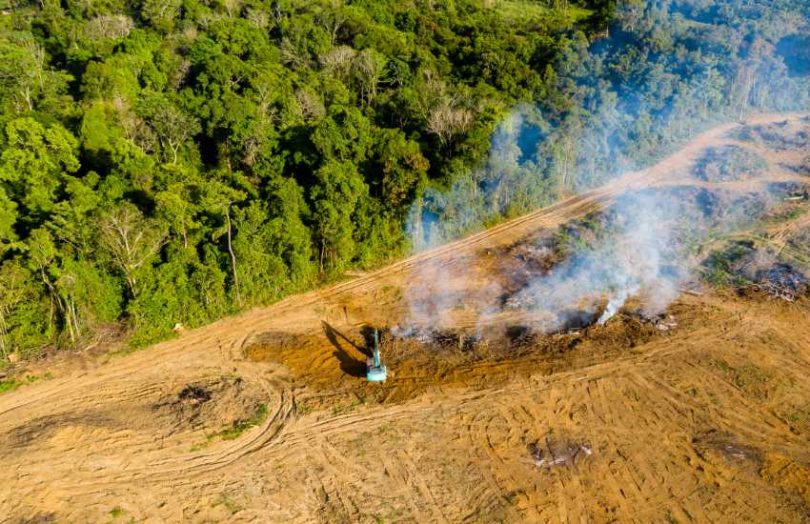Brazilian climate tech company Moss.Earth (Moss) announced the release of the Moss Amazon NFT – a non-fungible token that enables contributors to preserve a small part of the Amazon rainforest. The startup has a strong sustainability track record including relationships with large companies for carbon offsets such as with Brazilian airline GOL.
Unlike other NFTs, which are purely digital, each one represents the ownership of one hectare of the Amazonian forest, which will subsequently be protected using a portion of the invested funds. The use of blockchain technology will allow purchasers of a Moss Amazon NFT to receive an encrypted digital certificate of ownership, adding a level of authenticity to the transaction.
“Saving the Amazon is our purpose and through blockchain technology and this innovation we will make it possible for more and more people to be part of this dream”, said Luis Felipe Adaime, Founder and CEO of Moss.
To achieve this goal, the land sold as Amazon Moss NFTs has been rigorously audited and evaluated, ensuring that customers receive a legally and environmentally sound investment based on the Ethereum blockchain. The tokens sold out in less than an hour after listing on the OpenSea platform for a pre-sale round. The original sale price was $2,052, with the cheapest current re-sale listing at $4,332 and one person looking for more than $100,000.
Practically, 20% of the money from the sale of the Moss Amazon NFT will go towards securing the 50-hectare site, such as patrolling and satellite imagery to monitor that it hasn’t been cleared. This fund is budgeted to last 30 years, and will also include a sum for insurance.
Moss is partnering with Descartes Labs, a company specializing in geospatial intelligence, which will oversee the area using their remote sensing and machine learning to monitor deforestation.
This is not the first environmentally-driven blockchain application that Moss has engineered, having recently launched the MCO2 token. This token is equivalent to one carbon credit, or more specifically, the prevention of one ton of carbon dioxide being released into the atmosphere. It costs around $10 per token to purchase, and also operates on the Ethereum public blockchain. Funds from its sale are used to protect native forests and biodiversity from further destruction in areas of the Amazon rainforest, as well as providing social development to local indigenous communities.
While the NFT initiative might be the first time the Amazon forest has been tokenized, there have been several other deforestation initiatives that use blockchain. Often forests are cleared for the purpose of farming. Cattle ranching is big business in Brazil, and ranchers often clear land for the cattle to roam. Brazilian meatpacking firm JBS SA launched a blockchain traceability project to monitor its suppliers and protect the Amazon.
Similarly, the Malaysian Palm Oil Council has also launched a blockchain traceability initiative to monitor the felling of trees. And blockchain is also part of Unilever’s solution to ensure it has a deforestation-free supply chain by 2023.






